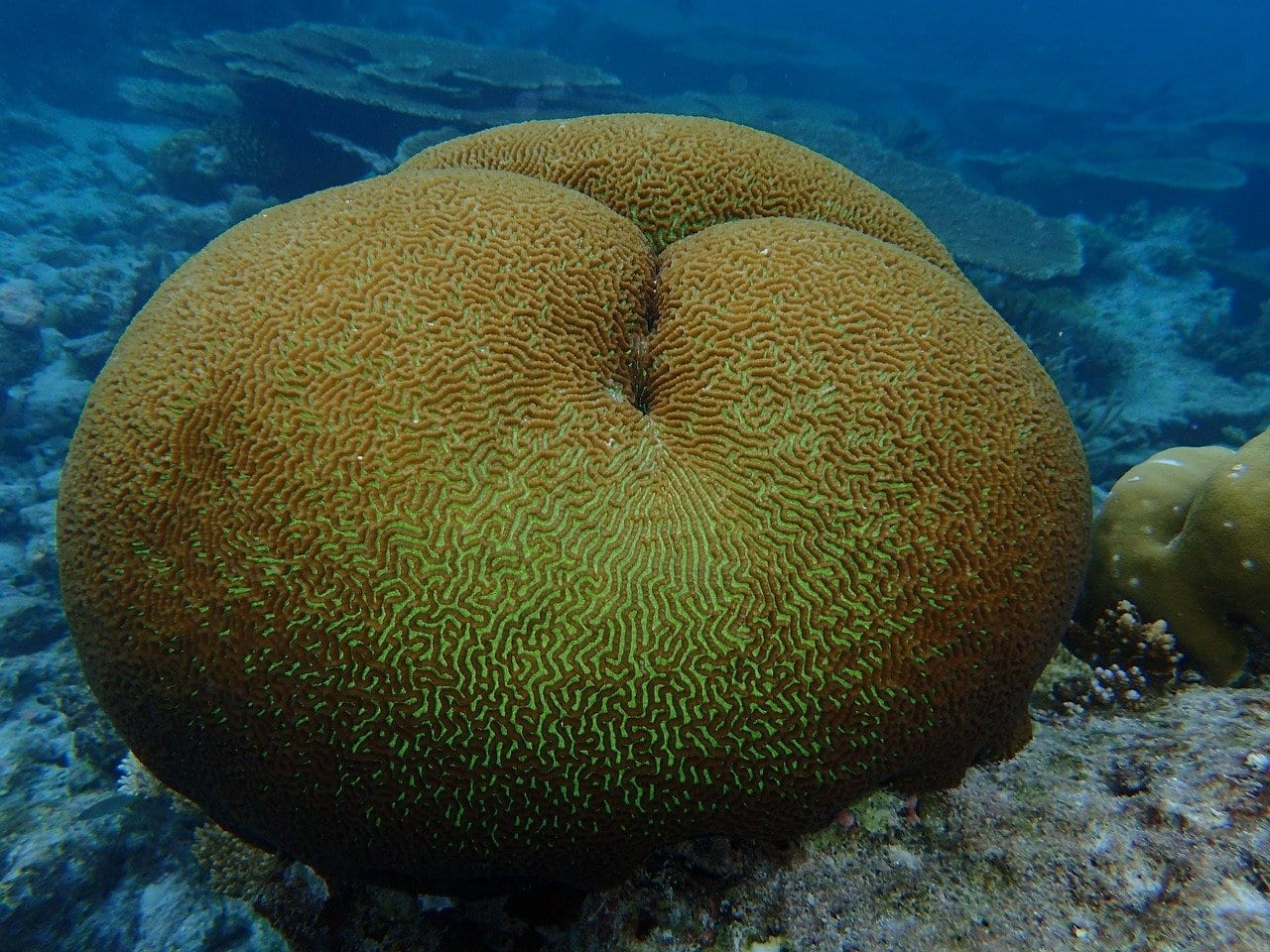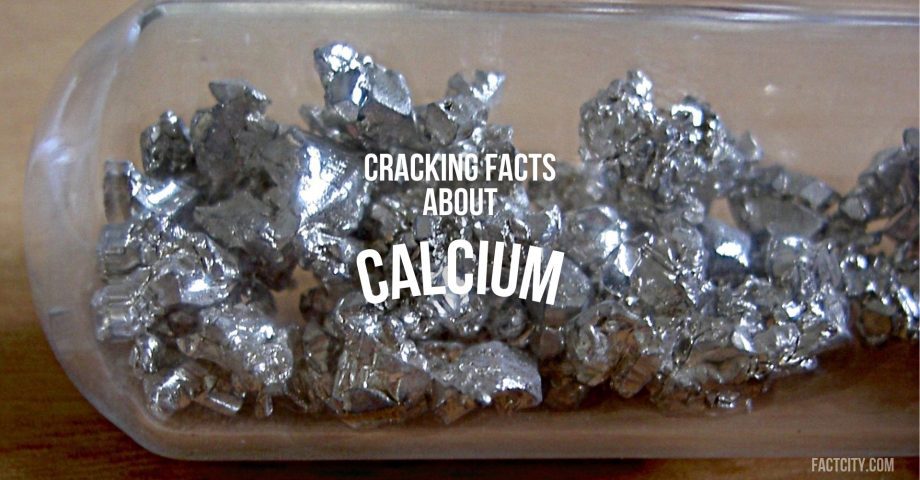Calcium plays a big part in supporting healthy teeth and bones, and in olden times, teachers used a type of calcium-based rock to write on blackboards! But what exactly is this spectacular element, and where can we find it? Here are some fun facts about calcium you’ll want to keep in mind.
1. Calcium is known as Ca in the periodic table.
Calcium is one of the 118 elements you’ll spot on the periodic table, where it goes by the symbol “Ca.” Elements, like calcium, are recognised by their atomic numbers, which is like their unique ID. In calcium’s case, that is the number 20.
2. There’s calcium all around us.
After oxygen, silicon, aluminum, and iron, calcium – representing just over 4% of the chemical make-up – ranks as the Earth’s crust’s fifth most abundant element by mass.
3. It’s a natural resource for humans and animals.
Calcium is a natural resource you’ll find in rocks and stones like limestone, gypsum, and marble.
Sea creatures also use it for their homes, with shellfish and corals both using calcium-rich materials for their shells and exoskeletons. We need calcium too, it helps keep our teeth and bones strong. One of the most popular sources of dietary calcium for humans is dairy-based foods like milk and cheese.

4. Calcium is soft – not hard!
When you think of calcium, you may think of hardened rocks or bones, but it’s actually a soft, shiny, silvery-white metal. When exposed to air, it tarnishes due to oxidation. Calcium is highly reactive, especially with water, producing hydrogen gas and calcium hydroxide in a lively bubbling reaction.
5. We need calcium to keep our brains and bodies functioning.
Calcium is one of the essential electrolytes in your body. It helps to conduct electrical signals, enabling crucial functions like muscle contractions and nerve communication. You also need vitamin D in order to properly absorb calcium, and the best free source of vitamin D is sunlight.
6. Calcium has healing powers.
Calcium carbonate, found in many popular antacids, is a go-to remedy for heartburn and indigestion. It works by neutralizing excess stomach acid, providing quick relief and helping to reduce pain. It’s a multifunctional supplement!
7. Calcium is a key ingredient in outdoor displays.
Did you know that burning calcium creates a reddish-orange flame? It’s this glow that makes it a key ingredient in many fireworks. So, not only is it a mineral you can ingest, it helps to make outdoor events go off with a bang – how many other elements are that versatile?
8. Calcium contributes to hard water problems.
If you’ve noticed a flaky white build-up around your shower head, faucets, or appliances, you probably have hard water. This is due to the presence of dissolved calcium and magnesium ions. These minerals can accumulate over time, forming deposits in your plumbing and appliances.

9. There’s even calcium in space!
Calcium isn’t just an element found here on Earth – it’s been discovered in space, too! It’s found inside the cores of stars… just don’t ask us how scientists got their hands on those!
Calcium plays a pivotal role in nuclear reactions in stars – but, by the time we see them, the reactions are long over!
10. Calcium is great at protecting fruit and vegetables.
In agriculture, calcium plays a critical role in preventing a condition known as “blossom end rot” in tomatoes and peppers. Adding calcium to the soil or using calcium-based fertilizers helps prevent this issue by helping plants consume more of the element.

FAQs about Calcium
When was calcium discovered?
Calcium has possibly been used for millenia, but it was first discovered as an element in 1808 through the process of electrolysis.
What is the most common use of calcium?
Calcium has a wide range of common uses, from construction in materials like cement, mortar, and plaster, to agriculture, pharmaceuticals, water treatment, and even in the nuclear industry.
Where is the most calcium found on Earth?
The most abundant source of calcium on Earth is found actually in the Earth's crust, primarily in the form of calcium minerals like calcium carbonate (CaCO3), which you will find in limestone, chalk, and marble.
Further reading
https://pubchem.ncbi.nlm.nih.gov/element/Calcium
https://education.jlab.org/itselemental/ele020.html
Do you know any interesting facts about Calcium? Share them in the comments below!










